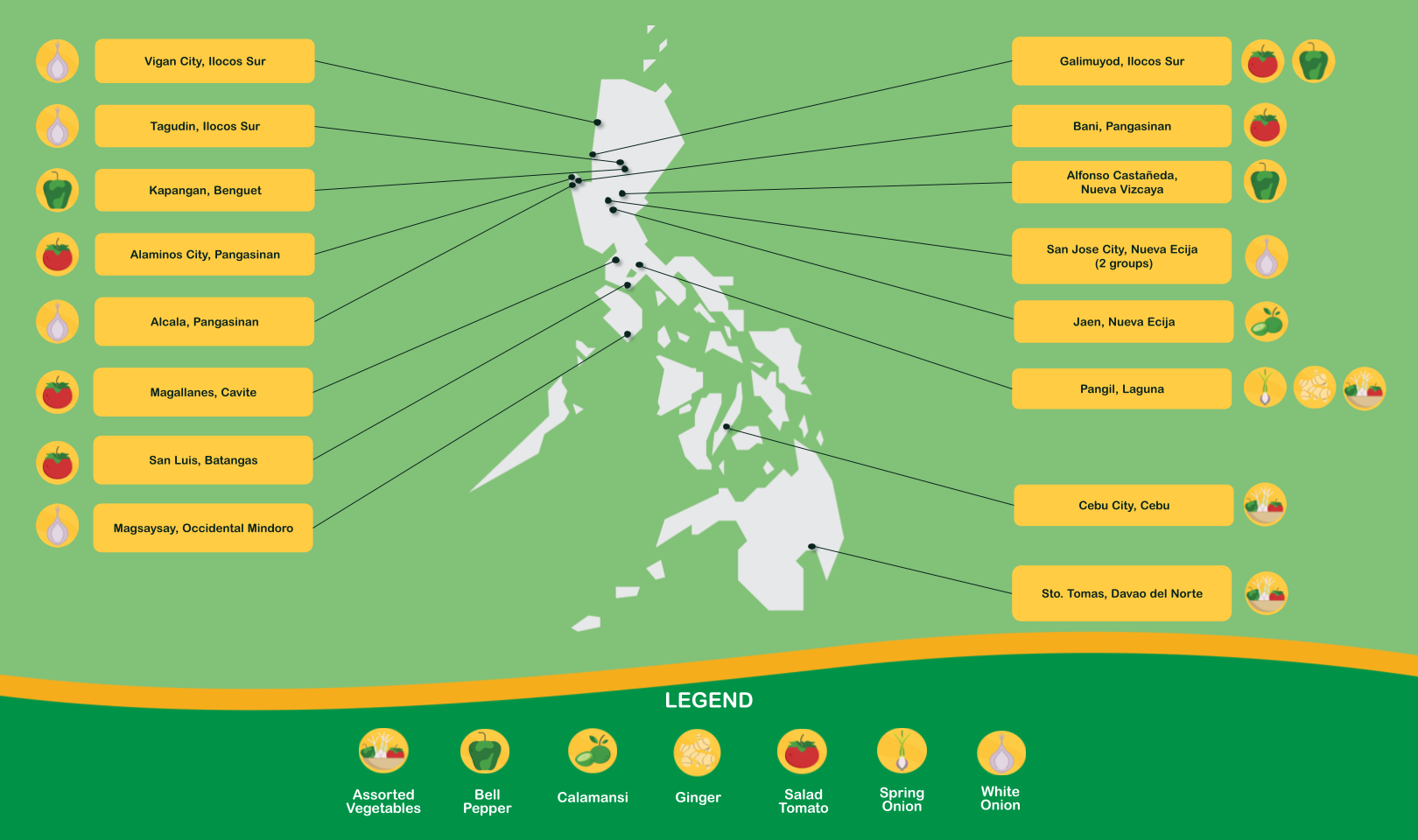Agro-entrepreneurship
for Inclusive Value Chains Course


In 2021, JGF in partnership with Xavier University – Ateneo de Cagayan launched the “Agro-entrepreneurship for Inclusive Value Chains Course”, an online course designed to build the competency of agri extension managers who can organize and train farmers for collective marketing through the eight-step Agro-Enterprise Clustering Approach.
The course is an adaptation of the eight-month FEP Agro-enterprise Training (AgenT), which utilized a blended learning approach of classroom lectures, on-site field coaching, and online sharing of resources and experiences.
With the pandemic posing a challenge in the traditional conduct of trainings such as AgenT, the online course was developed to continue the capacity-building program. In transitioning to a distance learning process, the original courseware was divided into two courses: Introduction, which tackles the first three steps of the Agro-Enterprise Clustering Approach; and Intermediate, which delves into the succeeding steps until market delivery.
The course merges theory and practice through the involvement of resource persons from JGF partners who have successfully implemented the Agro-Enterprise Clustering Approach and are assisting farmer groups directly supplying Jollibee Group and other companies.
Successful course completers of the Introduction course can earn eight (8) Continuing Professional Development (CPD) units.
Who Should Attend
Leaders and key personnel of institutions involved in programs that organize and/or support smallholder farmers. Institutions can be cooperatives, financing institutions, foundations and NGOs, local government units, and government agencies.
Learning Methodology
Weekly three-hour synchronous sessions will be conducted via Zoom, an online meeting platform.
Resources for self-directed learning will be available 24/7 via eLearn, Xavier University’s Learning Management System.
Participants are expected to work on weekly assignments to ensure application of concepts learned.




